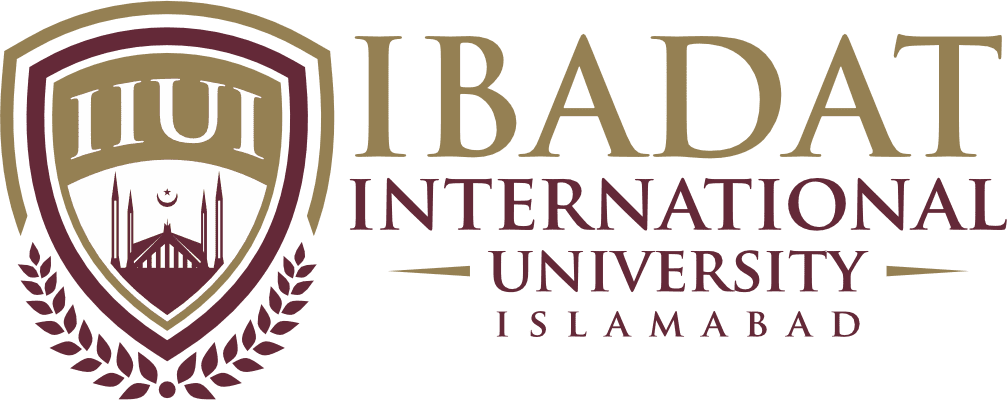
FACULTY OF ALLIED HEALTH & BIOLOGICAL SCIENCES
Bachelor of Science in HUMAN NUTRITION & DIETETICS
Department
Diet & Nutritional Sciences
Level
Undergraduate
Semesters
08
Credit
136
INTRODUCTION
Welcome to the Department of Diet and Nutritional Sciences (DDNS), IBADAT International University, Islamabad. At present worldwide, the greatest challenge is to address the basic human needs for access to nutritious food, eliminate hunger and reduce poverty. The UN Sustainable Development Goals provides a powerful aspiration to eradicate these problems. The department aims for quality education and to prepare competent professionals to contribute in providing excellent services in both public and private sectors. We are pleased that you have chosen this department to expedite your passion for improving nutrition, health, wealth and prosperity of the community and contribute to national development.
The DDNS always value diversity in people, cultures, learning, and science. Collaboration with experts in multidisciplinary fields, within and outside of the University, is foremost and standard for students and faculty. We also value innovation and critical thinking in scholarly quests, transformative ideas and ambitions for the future. In this context, we have research collaboration agreement with the Nutrition Division, National Institute of Health, Islamabad, which is a premier research organization in the country and recognized worldwide.
We are committed to produce graduates to higher levels of human capabilities. The subjects of food, clinical nutrition, dietetics, public health; biochemical and molecular nutrition; nutrigenomics and food safety are included in the curriculum. The department possess a modern infrastructure with spacious classrooms, equipped with audio-visual aids and state of the art laboratories. The experienced and qualified faculty members are always committed for providing up-date knowledge and guidance to the students. Help them in designing and implementation of research projects and Internship plans to transform scientific knowledge into practical solutions for promoting sustainable human growth and economic development.
Ms. Madiha Iftikhar
- Program Duration
- Entry Requirements
Program Duration: 4 Year
Timing: Morning (Monday-Friday)
Location: 6.7 Km Japan Road, Sihala, Islamabad.
Recognized By: Higher Education Commission
Entry Requirements: Minimum Eligibility: 45% marks in 12 Years of Education (Higher Secondary School Certificate/A-Level/Intermediate-F. Sc Pre-Medical or Equivalents per HEC (Criteria)
University Entry Test / Interview
MISSION
To develop a systematic and efficient understanding of latest knowledge, professional skills, principles of moral values and sense of responsibility in students focusing on human nutrition and dietetics to contribute in global health and well-being of the population through uplifting their nutritional status with intake of variety of foods, good dietary habits and healthy life style.
CAREER PROSPECTS
After completion of the degree, the students with range of advanced and specialist skills would be able to working the
following sectors:
PUBLIC SECTOR
• Health Departments
• Universities/ Research Institutes
• Hospitals
• Regional Food Authorities
• Food Testing Laboratories
• Health Ministry
• Food and Agriculture Ministry
PRIVATE SECTOR
• Academia
• Hospitals / Health CareCenters
• Medical Food Services
• Non-GovernmentalOrganizations:
WHO, UNICEF, Save the Children,
• UNHCR, Zero Hunger etc.
• Multinational FoodIndustries
• Multi-National Companies
• Pharmaceutical Industry: Nutrition
Supplements
• Freelancing and Entrepreneurship



